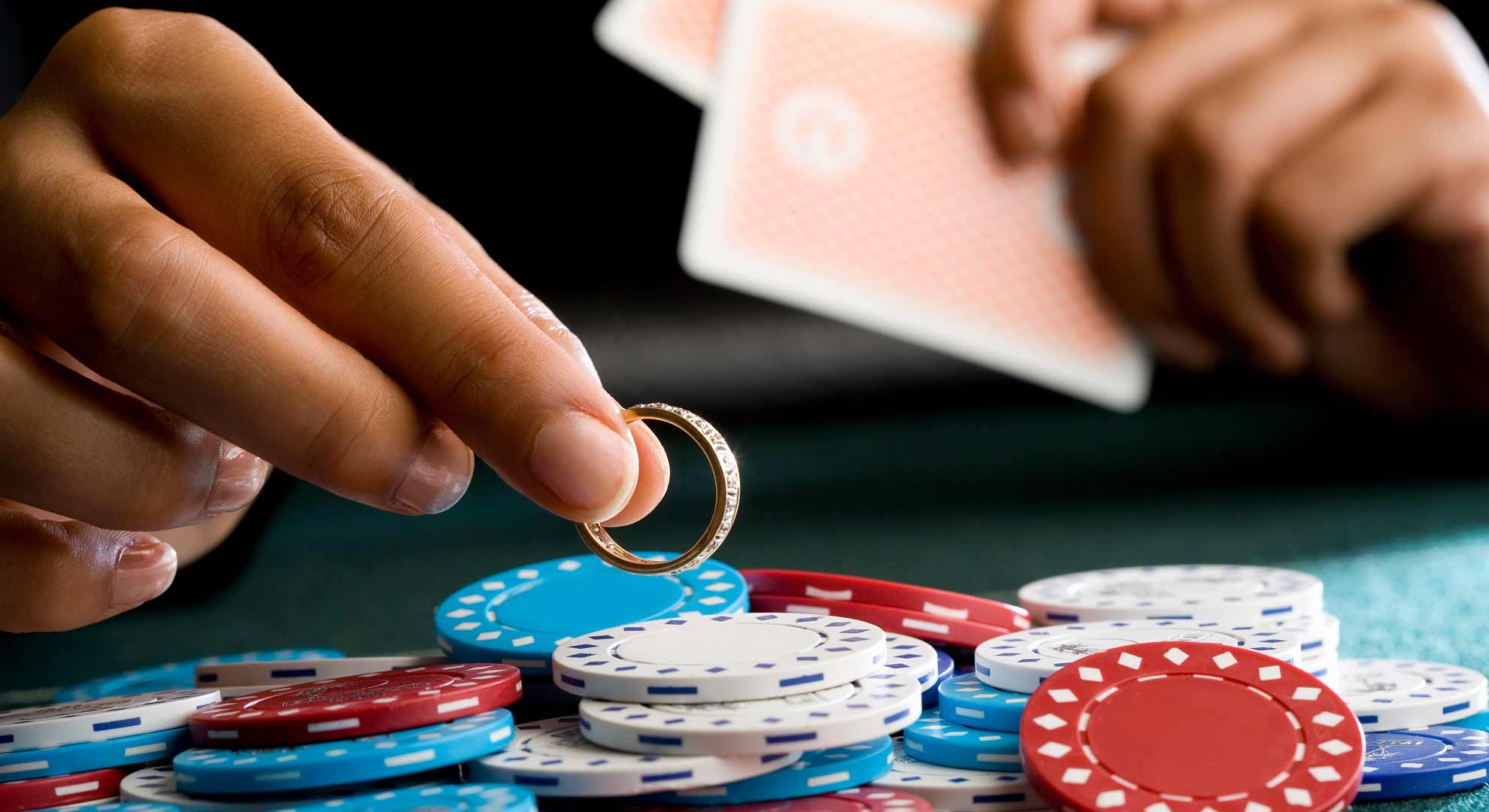Casino Myths That Refuse to Die

Casino Myths That Refuse to Die
The dazzling lights, the captivating sounds, and the promise of fortune have long made casinos a hub of excitement and, inevitably, a breeding ground for persistent myths. Despite advancements in technology and widespread information, certain casino myths continue to circulate, influencing how players approach games and sometimes leading to misunderstandings about how the industry truly operates. Understanding these long-held beliefs, and why they are false, is crucial for any player looking to enjoy their casino experience based on facts rather than fiction.
One of the most stubborn casino myths revolves around slot machines and the concept of "hot" or "cold" streaks. Many players believe that a machine that hasn't paid out in a while is "due" for a big win, or conversely, that a machine that just paid out a jackpot won't pay again soon. This is a fundamental misunderstanding of how modern slot machines work. Every spin on a digital slot machine is determined by a Random Number Generator (RNG). This sophisticated algorithm ensures that each spin is completely independent of the previous one. The outcome of your next spin is just as likely to be a jackpot as any other outcome, regardless of past results. Think of it like flipping a coin; if you get heads ten times in a row, the probability of getting heads on the eleventh flip is still 50%, not higher or lower.
Another widely believed myth, especially among card game enthusiasts, is that card counting in blackjack is illegal. While casinos certainly frown upon it and may ask skilled counters to leave, card counting itself is not illegal in most jurisdictions. It's a strategy that uses pure mathematical skill and observation to gain an advantage by tracking the ratio of high to low cards remaining in the deck. Casinos, as private establishments, reserve the right to refuse service, and they use various methods, from sophisticated surveillance to shuffling machines, to deter card counters. However, it's a battle of wits and strategy, not a criminal offense.
The infamous myth that casinos pump oxygen into the air to keep patrons awake and gambling longer is a classic urban legend. This is entirely false and, in fact, incredibly dangerous. Pumping pure oxygen into a building would be a massive fire hazard, making the casino a highly combustible environment. Casinos are, of course, designed to be stimulating environments with bright lights, energetic sounds, and a lack of natural light to disorient players and make them lose track of time. But this is achieved through architectural design and ambiance, not by manipulating the very air we breathe.
Many gamblers also mistakenly believe that dealers or croupiers can influence the outcome of games, particularly in roulette or craps. This couldn't be further from the truth. Casino dealers are highly trained professionals whose job is to facilitate the game fairly and efficiently. They are monitored constantly by surveillance systems and pit bosses to ensure compliance with strict rules and procedures. In games like roulette, the wheel and ball are designed for randomness, and any perceived "skill" of the dealer in releasing the ball is negligible compared to the physical properties designed to ensure random outcomes. Their role is to ensure fair play, not to manipulate results.
The allure of a "guaranteed" winning strategy fuels another common myth: that systems like the Martingale strategy can assure profits in games like roulette. The Martingale system involves doubling your bet after every loss, with the idea that when you eventually win, you'll recoup all previous losses plus a profit. While mathematically sound in theory, it fails dramatically in practice due to two critical limitations: table limits and your bankroll. Sooner or later, you will hit a losing streak long enough that you either reach the table's maximum bet limit or simply run out of money before you can place the required bet to cover your losses. The house edge, however small, always ensures that in the long run, the casino will win.
Finally, the belief in lucky charms, superstitions, or specific "lucky" times to gamble persists among many players. From blowing on dice to wearing a particular item of clothing, these rituals are harmless but entirely ineffective. Casino games are based on probabilities and random chance, not on fate or superstition. Similarly, the idea that casinos have specific "payout cycles" or times when machines are "looser" is false. As mentioned, outcomes are governed by RNGs, which are continuously generating numbers. There's no internal clock that dictates when a game becomes more or less generous. Every spin, every hand, every roll is an independent event.
Debunking these pervasive casino myths isn't about diminishing the fun or excitement of gambling; it's about fostering a more informed and realistic approach. Understanding the true mechanics of games, the role of randomness, and the omnipresent house edge allows players to set realistic expectations and make more sensible decisions. Gambling should always be viewed as a form of entertainment with inherent risks, not a guaranteed path to wealth. For those looking to explore a variety of casino games responsibly and understand their mechanics, platforms like m88 msports offer a wide range of options to learn and play.